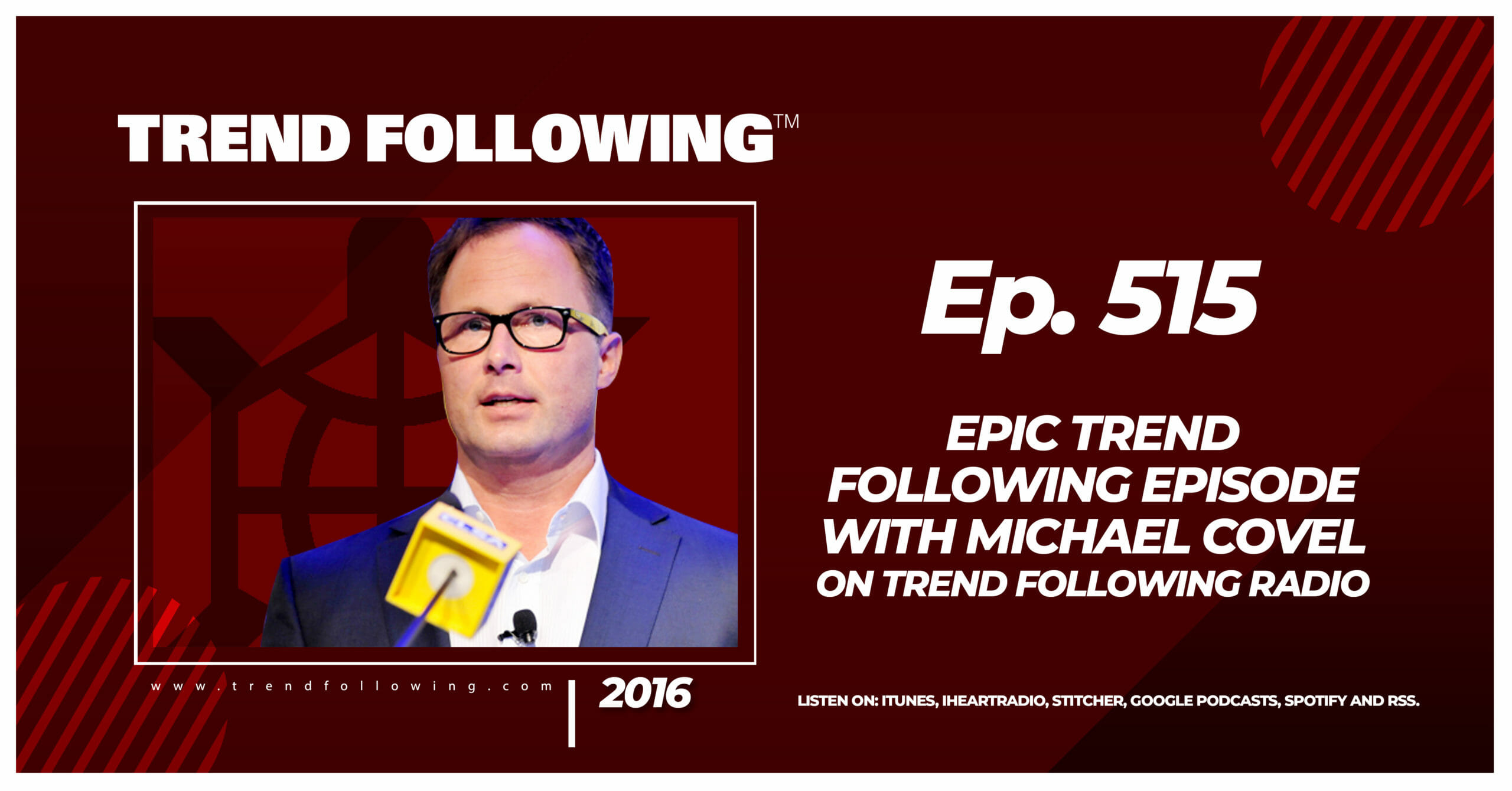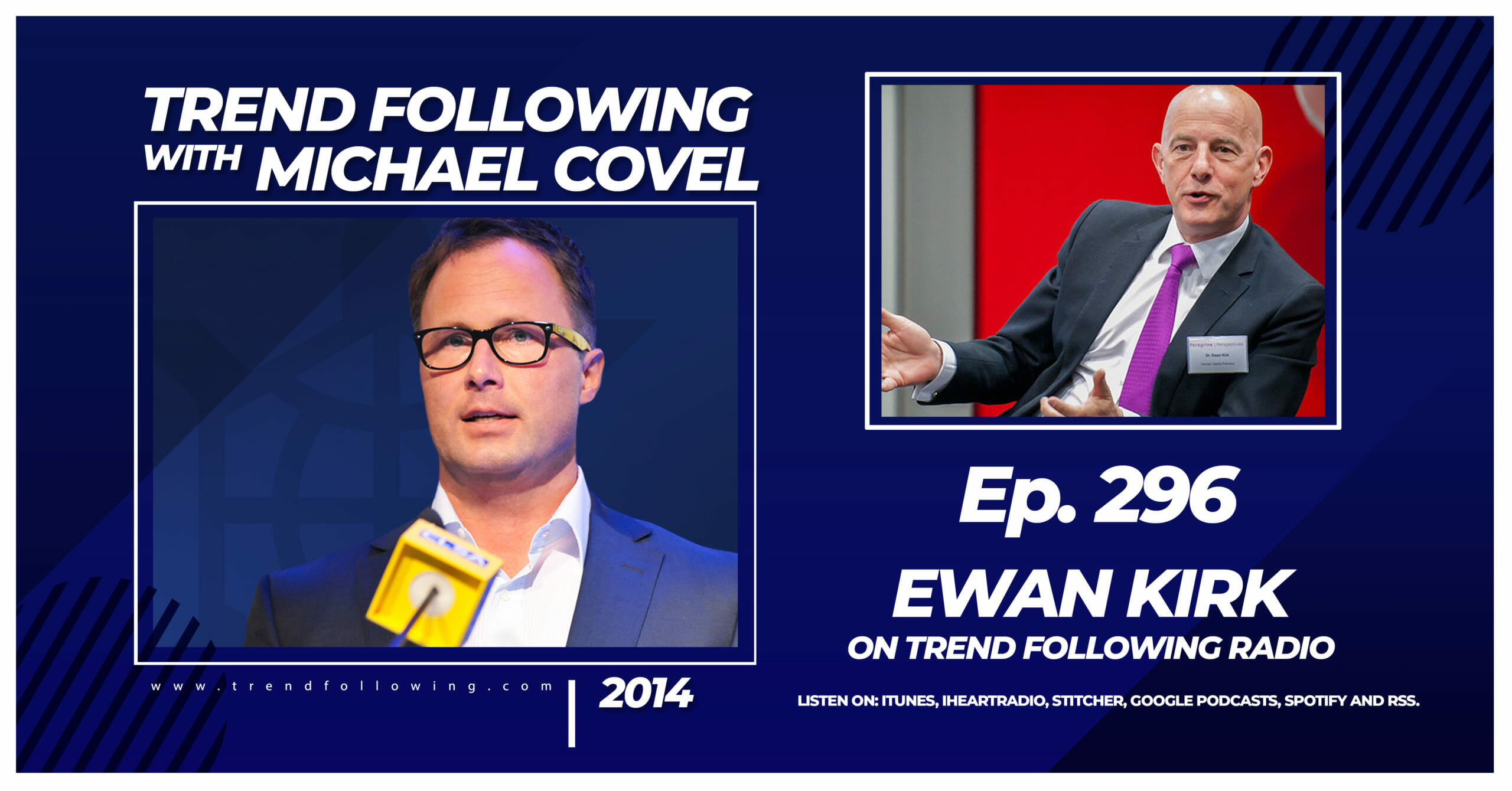Excerpt:
Our philosophy rests upon two main pillars. The first pillar is: macro, not micro. So we trade macro variables, not stocks and shares and credit default swaps and things like that. We trade across currencies, commodities, interest rates, bonds and equity indices. The second pillar is: a systematic approach, not a discretionary approach. So we describe our style as systematic global macro. Systematic trading involves coming up with a statistical model of the markets. Assuming that model has worked in the past, and that you have developed and researched and tested your model correctly, then your hypothesis is that it’s likely to keep working in the future. So the actual execution of trades is just continuing to follow what the model says. Now that sounds quite mechanical. In fact, it’s no different than the way any good investor works. Why would you invest with Warren Buffett? Because, over the past 30 years, Warren Buffett has made money, and you’re assuming that’s going to continue in the future. Conceptually, that’s no different than what we do.
When I use the term “scientist” to describe myself and my colleagues at Cantab, what I’m really talking about is a mindset. It’s a mindset of evidence based investing and using the scientific method to think about investing. The scientific method has worked pretty well for the human race for the last 2,000 years—it’s worked out better than superstition, anyway. And we believe in applying the same rigorous principles as in medicine or air traffic control. Everyone is quite happy with evidence-based medicine and air traffic control—would you fly in a plane controlled by someone who just had a gut feeling about where they wanted to go?
When people ask: What do you think is going to happen in the future? We always say: We don’t know. I can’t really project whether next year will be a good year for Cantab or a bad year.
Ignore at your peril.
How can you move forward immediately to Trend Following profits? My books and my Flagship Course and Systems are trusted options by clients in 70+ countries.
Also jump in:
• Trend Following Podcast Guests
• Frequently Asked Questions
• Performance
• Research
• Markets to Trade
• Crisis Times
• Trading Technology
• About Us
Trend Following is for beginners, students and pros in all countries. This is not day trading 5-minute bars, prediction or analyzing fundamentals–it’s Trend Following.


